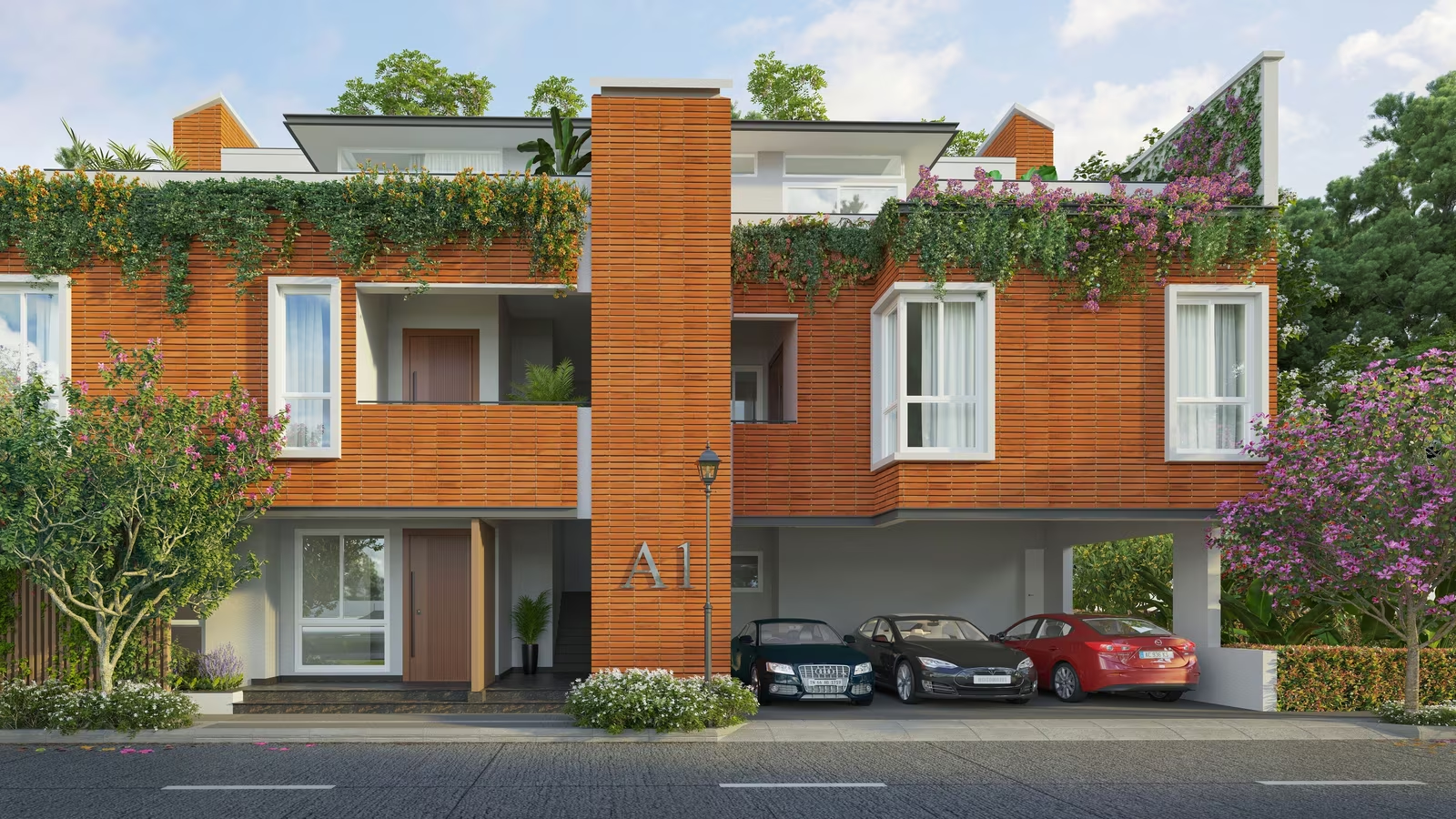Main
What GST can do for real estate


Anuj Puri – Chairman & Country Head, JLL India
The Goods and Services Tax (GST) is the most radical taxation reform that is set to alter India’s economic prospects. A single indirect tax, encompassing all goods and services, is surely a welcome change. GST is built into the value-added structure that would eliminate the cascading effect of taxes and is expected to boost tax collection by making compliance easy for retailers and other businesses as also reduce overall taxation levels. The results, however, will be evident only two-three years after GST gets implemented.
The existing, top warehousing hubs are: Delhi-NCR, Mumbai, Pune, Bengaluru, Chennai, Hyderabad, Kolkata and Ahmedabad. These eight city hubs put together had a cumulative supply of organised Grade-A and Grade-B warehousing space of around 97 mn sq ft in 2015 and this is expected to grow to around 116 mn sq ft by the end of 2016. Moreover, GST will result in emergence of new hubs: Belgaum, Bhubaneshwar, Coimbatore, Goa, Guwahati, Indore, Jaipur, Kolhapur, Lucknow/ Kanpur, Ludhiana, Nagpur, Patna, Raipur, Ranchi, Vapi and Vijayawada.
Though GST will give a big push to the manufacturing, warehousing and logistics sectors in India, there are implications beyond these sectors too. The retail industry and residential property buyers stand to gain in particular.
Benefits of GST to different sectors:
Cost reduction for manufacturers: As the current tax structure has three layers at the central, state and city-levels, manufacturing units have to shell out a good amount of money to transport their goods. They end up paying multiple taxes on the transportation. Once GST is rolled out, there will be a common tax structure and thus, the burden of paying multiple taxes will go away. Such units will not have a varied tax structure for transportation of their goods to different locations and will not have to pay each time they transport goods, thus, reducing the overall cost.
Cost reduction for logistics players: Logistics players create a stock transfer between inventory stocking points within states to avoid this multi-tax scenario. They have a large number of smaller warehouses at various locations amounting to more than 50 small warehouses in some cases, which increases the overall cost of logistics. Also, management of such small warehouses increases the cost and reduces the overall efficiency of the logistics players. With the implementation of GST, the tax burden will reduce and thus need to have such a fragmented warehouse system will decrease.
Hub-and-spoke system: Organizers will now be able to explore a different distribution model such as setting up a mother warehouse and regional distribution hubs, which will be different than the traditional carrying and forwarding (C&F) distributor-based models currently adopted.
Merger of smaller warehouses and development of new technologies: Many of the smaller warehouses lack proper infrastructure and facilities. With a new tax structure, the focus would shift on efficiency rather than tax saving (through the means of smaller warehouses). The smaller warehouses will merge to form a more efficient warehouse system. The current scenario prevented use of new technologies as the cost structures in place resulted in margins of less than 5% on a turnover of few million rupees. Also, installing the latest warehouse management software at multiple warehouses is a costly affair. With implementation of GST, smaller warehouses will re-align/ merge into more productive and logical locations. Without the tax burden, automation will give excellent cost benefits.
Increase in organised warehousing sector: As a result of the GST, there will a reduction in unorganised warehousing. Price charged by the organised sector will reduce the price advantage that unorganised sector presently enjoys.
Reduction in transit time: The introduction of GST will reduce transit time taken for border crossings and paper work.
The retail industry too will see an indirect impact due to increased efficiencies in the supply chain. The cost to customer, which is linked to taxation, will go down as the multiplicity of taxes will no longer apply.
Residential
Currently, in the case of buying an under-construction flat, a home buyer needs to pay both Service Tax (4.5%) and VAT (1% in Maharashtra, varies from state to state). Additional indirect taxes are paid by the developer during procurement, which get built into the cost of an apartment. Stamp Duty (5% in Maharashtra, varies from state to state) which is payable on property transfers, is not going to be subsumed into the GST.
The direct impact of GST on real estate, in terms of tax outflow for developers and consumers, will depend on whether the final GST rate is more or less than the taxes paid currently. Apart from the significant reduction in tax management expenses due to a single unified tax, the compliance costs will go down too.
It is important to note that the real estate sector shares positive symbiotic relationships with more than 250 other sectors such as cement, steel, IT, BFSI, etc. Due to this, the benefits or drawbacks of GST on each sector will also have an indirect impact on real estate and vice versa. At this point in time, we may see very limited tangible benefits on the real estate industry but the cascading effects will definitely be higher.
-



 News4 weeks ago
News4 weeks agoKW Delhi 6 Mall Onboards New Brands
-



 News4 weeks ago
News4 weeks agoManasum Senior Living Launches IKIGAI GOA, A Senior Living Community in North Goa, in collaboration with Prescon Homes
-



 News4 weeks ago
News4 weeks agoBridging India Divide: Top 5 Tier- 2 Cities to Focus On
-



 News4 weeks ago
News4 weeks agoCommercial Realty Gets Tech Savvy: Fast Construction, Enhanced Convenience
-



 News3 weeks ago
News3 weeks agoGodrej Properties Sells Rs 3k cr+ Homes of Godrej Zenith, Gurugram, within 3 days
-



 News4 weeks ago
News4 weeks agoMultipoint Connection – A Definite Boon
-



 News3 weeks ago
News3 weeks agoRBI’s Status Quo on Key Policy Rates to Help Maintain the Real Estate Growth Momentum, Say Industry Stalwarts
-



 News1 week ago
News1 week agoOlive Announces Dhruv Kalro as Co-Founder
















